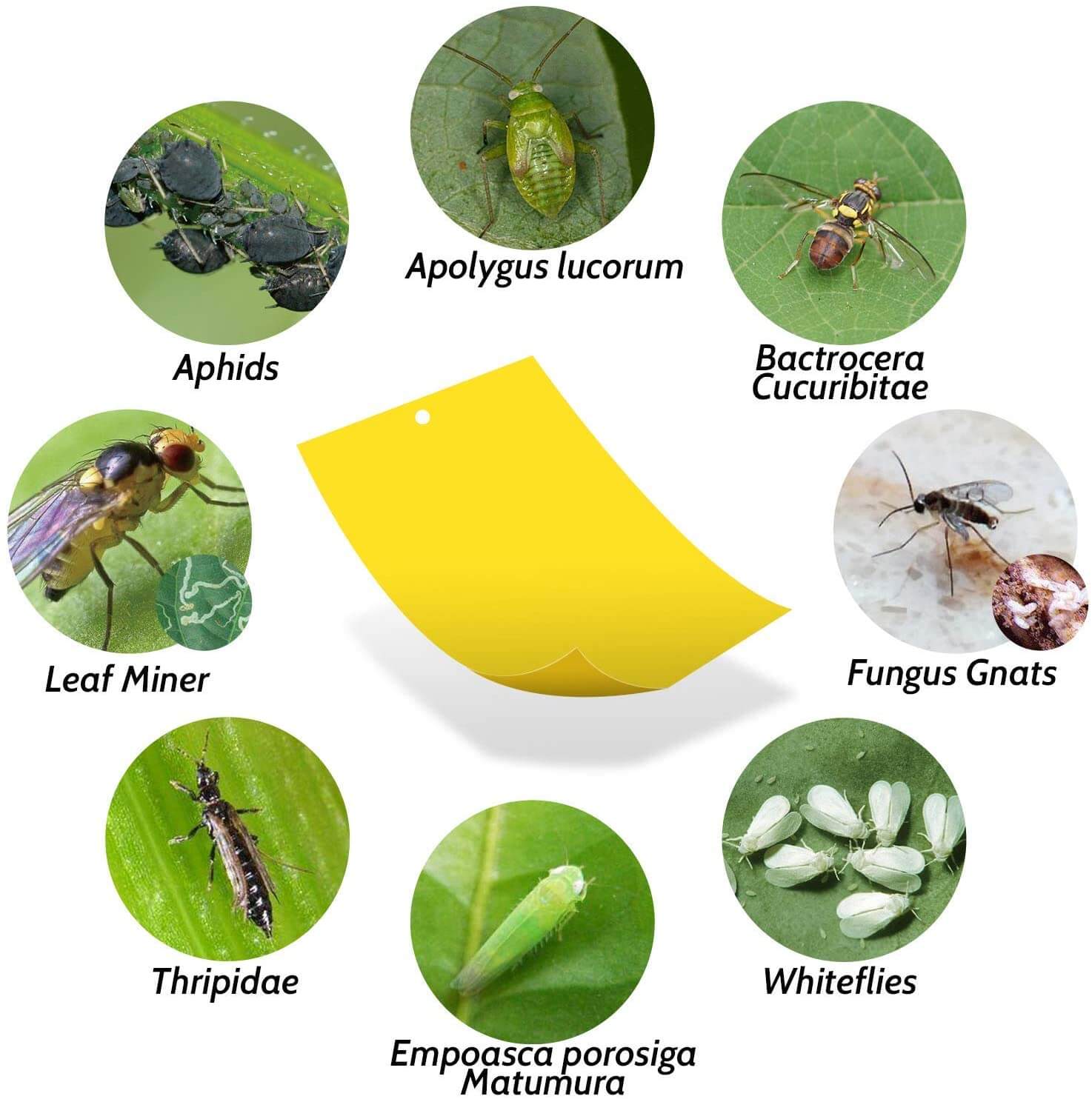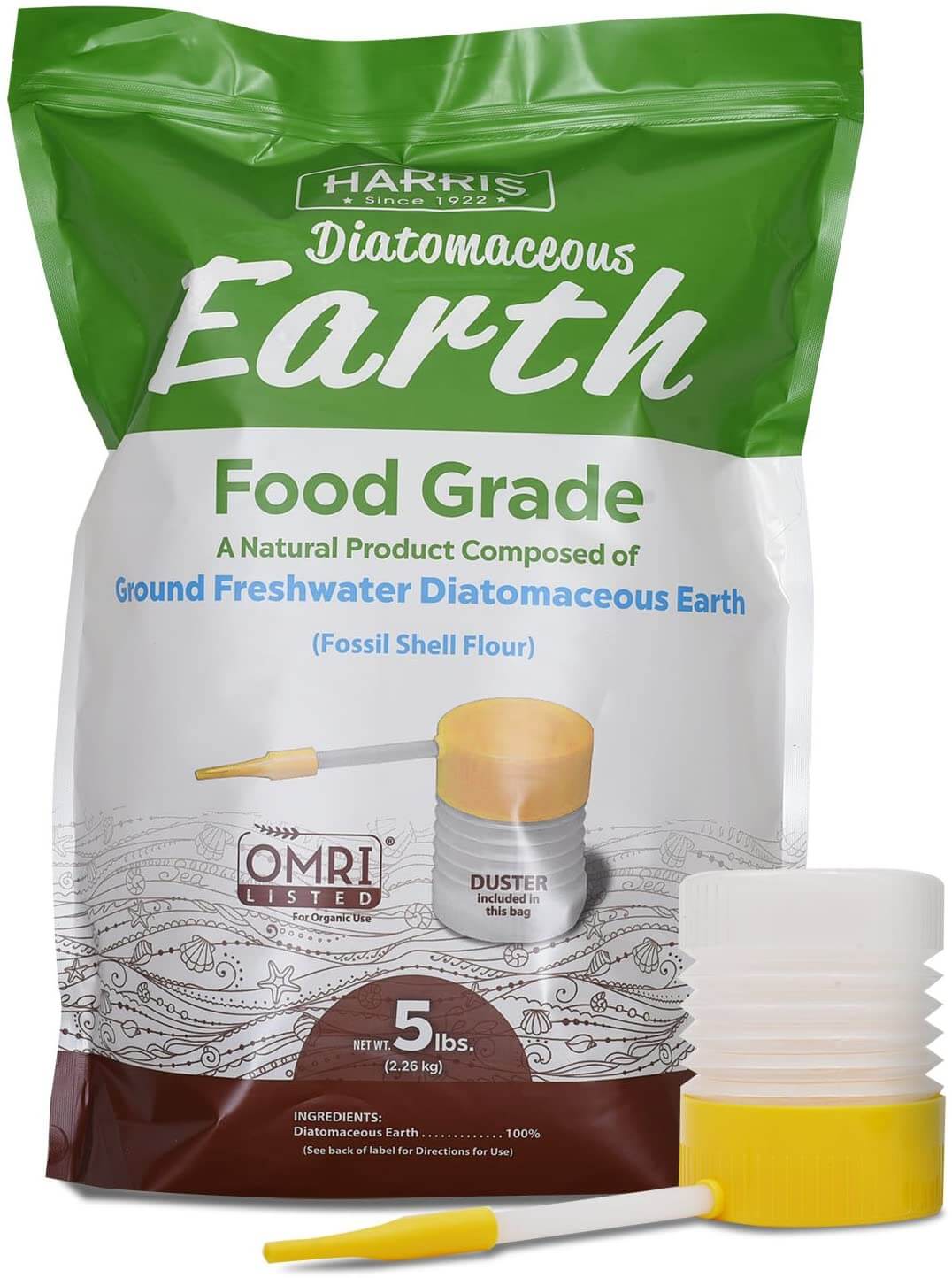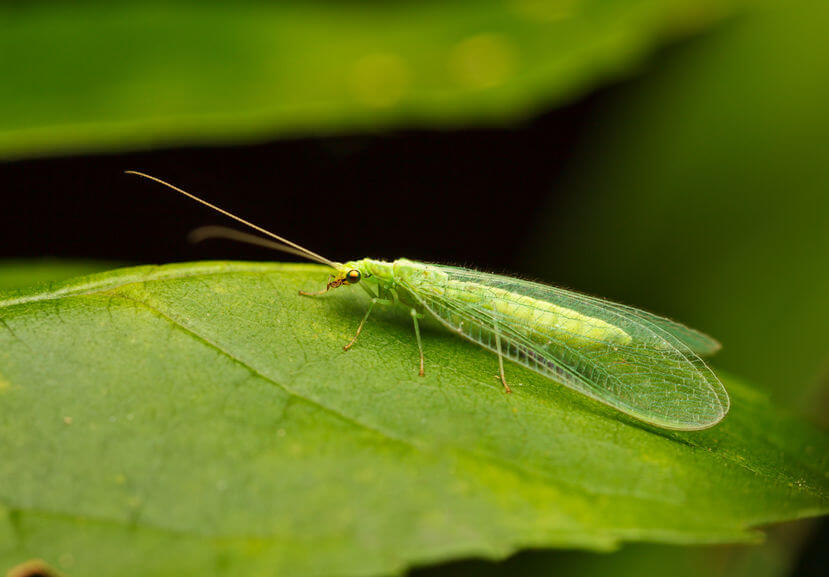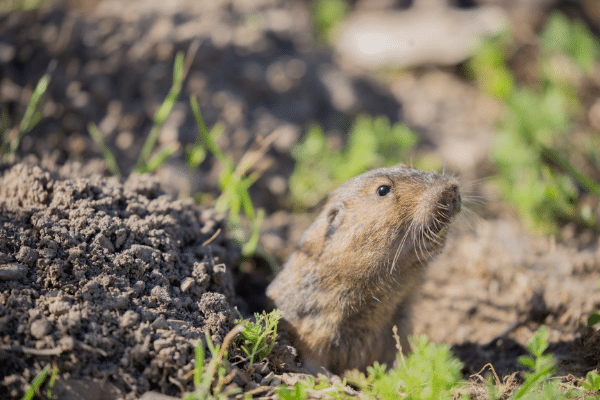- Home
- Outdoor Pests
- Natural Pest Control for Garden
Natural Pest Control For Gardens
This post may contain affiliate links so I earn a commission.
Investing your time in options for natural pest control for garden vegetables and plants is a smart choice.
After all, if you're going to take the time and patience to grow a garden, you might as well do it right!
Whether your concerns are over the health of the planet or your own health, natural and organic methods are quickly becoming the preferred choice.
Not only will you eliminate the hazards presented by ingesting dangerous pesticides, but you’ll reduce the likelihood of issues in your garden related to the use of chemicals too, such as erosion, loss of fertility, and harm to pollinators.

You don’t have to allow your garden to become overrun with pest invaders though.....
All you need to do is identify the problem pest and then choose one of the organic pest control methods we’ll tell you about below.
Top 12 Organic Natural Pest Control For Garden Options
Companion Planting
Sometimes, natural pest control for garden vegetables means little more than being thoughtful about what you plant - and where.
Companion planting is a common gardening method by which certain plants are planted close to each other in order to maximize space and control pests.

Certain crops provide habitat of insects that may feed on nearby plants.
For example, you can plant leeks to protect carrots (carrot rust flies get confused, as the two plants look similar) or you can repel earth flies from lettuce by planting radishes.
Floating Row Covers
Floating row covers can be cumbersome to erect the first time you do it, but once you get used to using them, you'll never go back.
A floating row cover is a piece of white polyester fabric that serves as a barrier to insects while also letting in up to 80% of the available light.
Both lightweight and heavyweight types are available, depending on the type of plant you are growing and its heat tolerance, but usually, you can leave covers on all seasons to keep pests at bay.
Traps - Natural Pest Control For Gardens
There are several kinds of traps you can use to keep pests at bay, too.
The most common kind of trap is a pheromone trap.
Most insects produce strong smells, or pheromones, that they use to attract members of the opposite sex.
Scientists have been able to duplicate these scents and harness those cents in traps that lure them in.
Pheromone traps are only effective against certain kinds of pests, like corn earworms and cutworms, as they only attract males and not females.
However, they can serve as a good first line of defense.

Another kind of trap you might want to try is a sticky trap.
Best for attracting all kinds of pests, including thrips, fruit flies, leafhoppers, and more, these traps consist of a rigid material in a certain color to which particular insects are attracted.
You will need to replace these traps often, but they can catch a ton of pests all in a single day.
Oil Spray
There are multiple oils that can be used to combat pests in the garden, but one of the most common is neem oil.
This oil is extracted from a tree that grows in Asia.
It works by stopping the growth cycle of insects, causing them to eat less and grow more slowly, eventually leading to their death.
This kind of spray works best on immature insects as well as those that grow and multiply rapidly, like potato beetles and aphids.
Spinosad
Spinosad is a soil-based bacteria that can be used to combat all kinds of common garden pests, including beetles, tent caterpillars, cabbage loopers, and more.
It is applied to the soil wet, and once it dries, it kills insects that are unfortunate enough to ingest it.
Diatomaceous Earth - Natural Pest Control For Gardens
Diatomaceous earth should be a staple in every gardener's toolbox.
All it consists of is fossilized diatoms, which have hard skeletons and cut the bodies of insects when they come into contact with the powder.

This compound is not harmful to people or animals, but it can be dangerous to some beneficial insects, so just be mindful of where you spread it.
It is best used in dry weather and will need to be reapplied when it gets wet. It is most effective against slugs, cutworms, and flies.
Insecticidal Soap - Natural Pest Control For Garden
Insecticidal soap is effective against mites, whiteflies, aphids, and other soft-bodied insects.
This natural pesticide contains fatty acids derived from animal fats that work to dissolve the skin of the insects.
They are sold specifically for certain pests, so look for the one that matches the name of the insect that’s been giving you grief.
Bacillus Thuringiensis
Bacillus thuringiensis, or Bt, is a natural bacteria that, like Spinosad, makes pests sick when they ingest it.

It can be sprayed directly on leafy vegetables and doesn’t harm beneficial insects - it’s only harmful to those that eat it.
It is best applied on a cloudy day and can be used as often as once a week.
Parasitic Nematodes
Nematodes are small creatures found naturally in the soil.
Unfortunately, there usually aren’t enough of them to control pests in your garden.
Luckily, you can order them online and have them shipped right to your door.
Apply them to the soil when it’s wet, and they’ll release bacteria that kills common insect hosts within a couple of days.
Nematodes work best against armyworms, squash vine borers, and soil-dwelling grubs, just to name a few.
Beneficial Insects - Beneficial Pest Control For Garden
There are some bugs you will want hanging out in your garden.
Beneficial insects not only leave your plants alone, but they also attack and feed on other insects.
Good choices include ground beetles, lady beetles, lacewings, and parasitic wasps.
 Lacewing
LacewingYou can buy these insects and introduce them to your garden, or you can attract them there by planting things like ornamental grasses, fennel, and corn.
Minerals
Some minerals can be used to control garden pests.
Sulfur, often sold in a liquid form, is effective against spider mites, while a mixture of calcium hydroxide and copper sulfate can be used on a variety of vegetable crops.
Weeding and Mulching
One of the best - and simplest! - methods of natural pest control for grades is likely something you are doing anyway - weeding and mulching.
By following good gardening practices, you can easily prevent pests from hiding among unruly weeds.
Why Natural Pest Control For Gardens Is The Way To Go
Don’t contaminate your garden with harmful pesticides.
There are plenty of organic, natural pest control for garden methods out there that work just as well - if not better- than their synthetic alternatives.
Most have few reactions or interactions, so you can easily give one or more a try all at once.
Experiment and see what works best for you!



